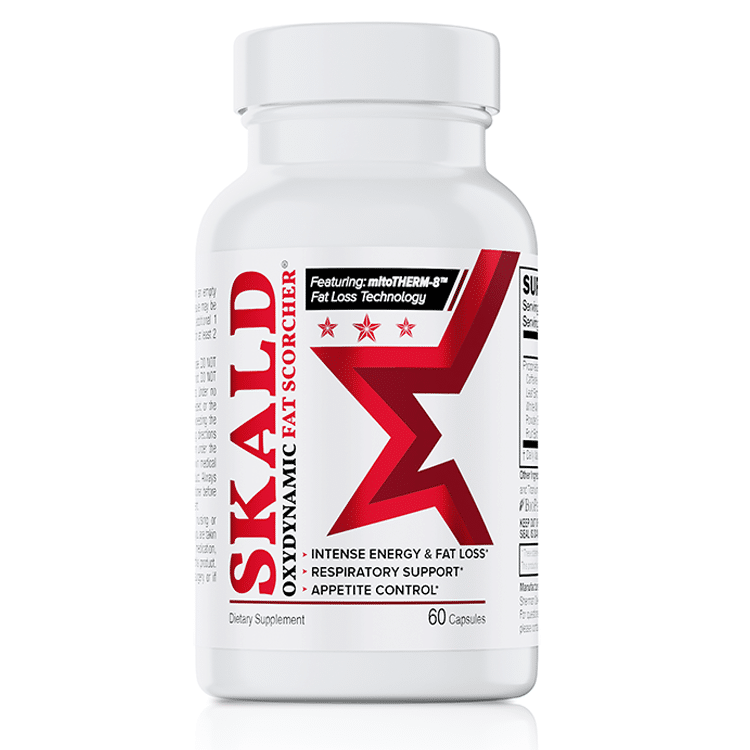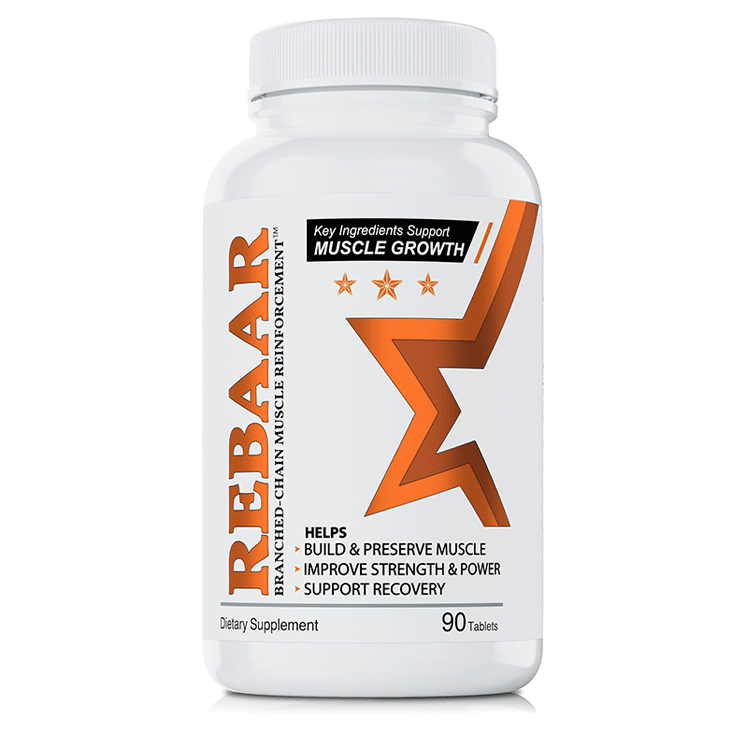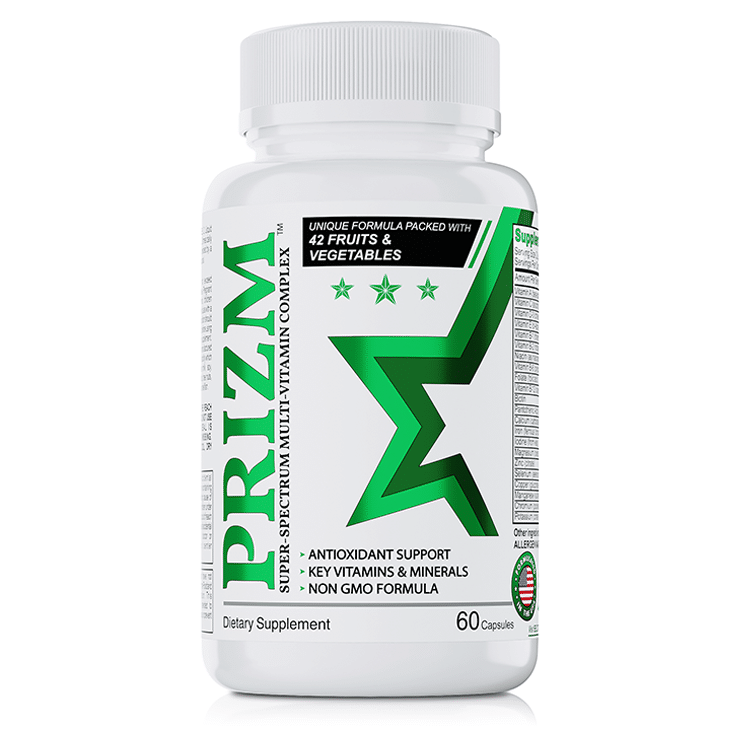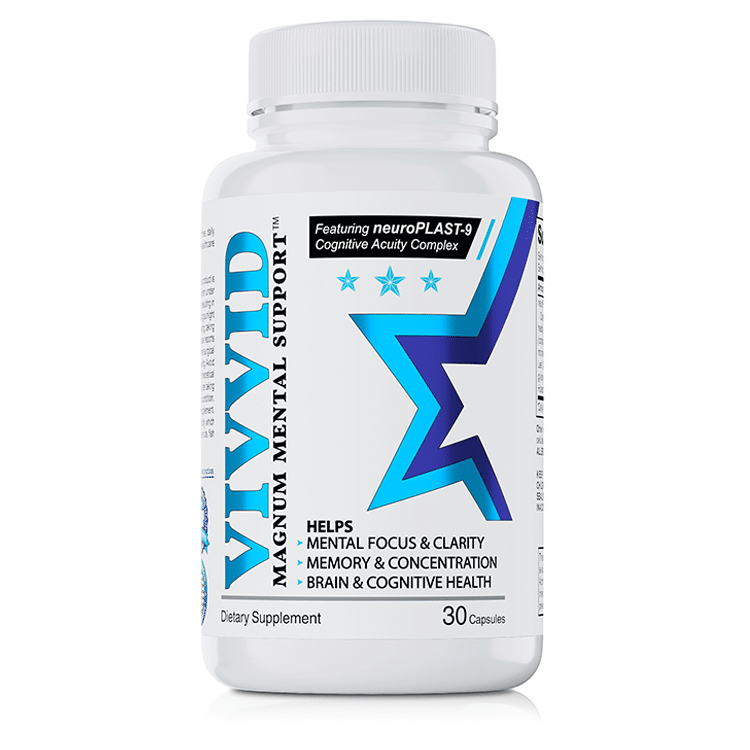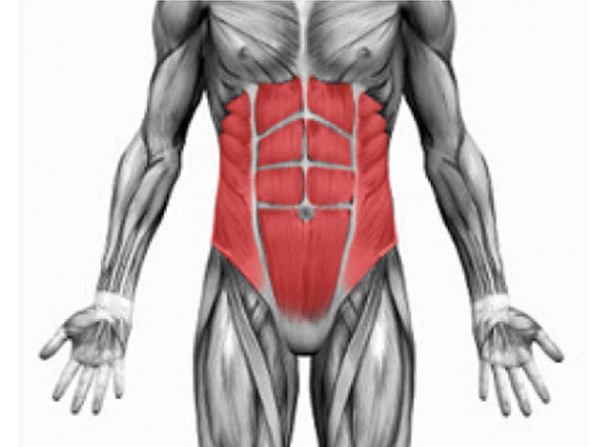Being injured and sidelined – whether it's a strained tissue, a broken bone, or even a surgery – is one of the biggest hurdles against staying fit.
If you can’t exercise due to an injury, you might have concerns like, “What can I do to heal quickly? How can I avoid getting out of shape while I'm not active? Should I take supplements? Is there any diet that can help?”
In this article we'll answer to those questions.
1. Don't diet.
A big concern that injured athletes have is the fear of getting fat, or at least, out of shape. But what you need to keep in mind is that even injured athletes need to eat. Don't think that you only deserve to eat if you could burn off those calories with exercise.
That's wrong thinking.
Your organs (brain, liver, lungs, kidneys, heart) — not exercising muscles — burn most of the calories you consume. They're metabolically active and thus, require a lot of fuel to burn. Out of all the calories consumed by an average mildly active person, 60% of it goes for supporting the resting metabolic rate, aka the energy one needs to simply exist.
So even if your injury keeps you from working out, you'd still need to consume a decent amount of calories in order to simply exist.
Your body is your best calorie counter, so respond appropriately to your hunger cues. In other words, just eat when you're hungry, eat slowly, and stop when your stomach feels content.
2. Focus on the quality of calories.
As a preface, you should always focus on the quality of your calories, and not just the number. But with an injury, the quality of calories you consume is going to matter a whole lot more.
For one thing, even your basal/resting metabolism tends to slow during prolonged periods of recovery. And so, it can be easy to overfeed yourself on simple calorie sources, such as carbohydrates, that become a bigger contributor toward fat storage than those non-injury times when you can just get up and burn off excess calories whenever you want. And the more refined the source (e.g. granulated sugar), the more prone you become to storing fat.
Instead, your sole focus should be high-quality calories that provide vitamins and minerals, along with complex energy sources, to both fill you up, as well as heal you. That means foods containing fiber, protein, and colorful phytonutrients.
3. Switch out your oils.
Now, you already know to stay away from fried food, and when eating for an injury, you want to do so even more because vegetable oils like corn and soy are pro-inflammatory, and inflammation isn't good for injured-you.
But even a few of the oils you might use to cook with, such as avocado oil, sunflower oil, sesame oil, are also rich in pro-inflammatory omega-6 fatty acids.
So instead, use flaxseed oil for low heat and walnut oil for high, both of which are rich in inflammation-fighting omega-3 fatty acids.
4. Fuel with healthy fats.
An injury would be an ideal time to dial in your fat sources, and make sure the majority of them come from unsaturated fats, such as chia and flax seeds, that can reduce inflammation.
Other healthy sources include, but aren't limited to cleaner omega-3 oils (omega-3-rich fish like salmon, sardines, and anchovies) avocados and, especially, nuts and nut butters.
5. Cut back on carbs.
Athletes always associate carbohydrates with length and intensity of exercising. When either of those increases, the amount of carbohydrates your body needs increases as well. But when you're working out less (or not at all), your body needs less carbs.
What carbs you're eating should come from whole grains, fruits, and vegetables. And since refined carbs equal inflammation, now's a great time to take a real look at how whole all your grains really are. Because even the small cheats contribute to inflammation and, therefore, will slow down your healing time.
You also need to let go of indulgent items, and instead focus on small meals that have of nutrient-dense fruits, vegetables, low-fat dairy, and lean protein.
6. Add in key supplements.
Another ingredient you'd be wise to add to your diet in order to speed up the recovery is beta-hydroxy methylbutyrate, or HMB. HMB is a naturally-occurring amino acid metabolite that helps your body repair from injury, as well as fight muscle breakdown and post-exercise soreness-to help get you back on your feet faster.
Aim for a supplement of 3 grams of HMB a day. It'd take a few thousand avocados to equal this much of HMB from your diet.
7. Consume enough minerals, along with herbs, spices, and botanicals.
Many athletes, especially those who are vegan or vegetarian, might need a boost of iron. Blood tests for serum ferritin can show if your iron stores are low, and if they are, you'll be prescribed an iron supplement by your physician.
Also, you might want to add a little Zinc (10 to 15 mg) to enhance the healing process.
Spices like turmeric, garlic, green tea, and most plant foods, including fruits, vegetables and whole grains have anti-inflammatory compounds. Consuming these herbs and spices on a daily basis lays a strong foundation for a quick recovery.
For convenience, we have also developed our own high-quality multivitamin that includes a lot of the above already, saving you a lot of time, effort and money.

